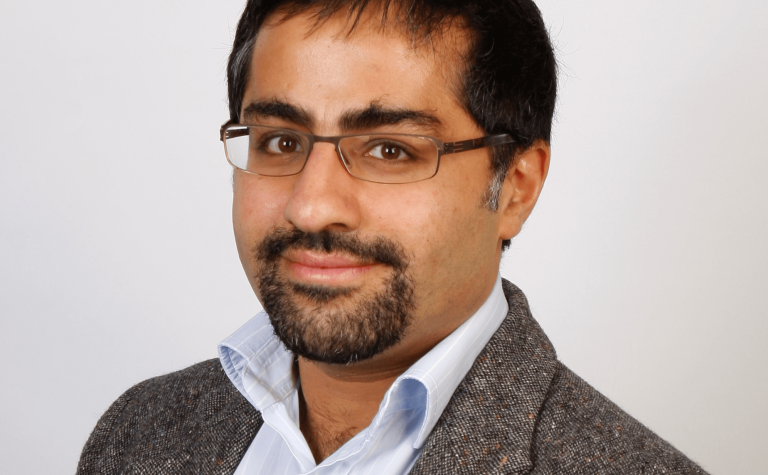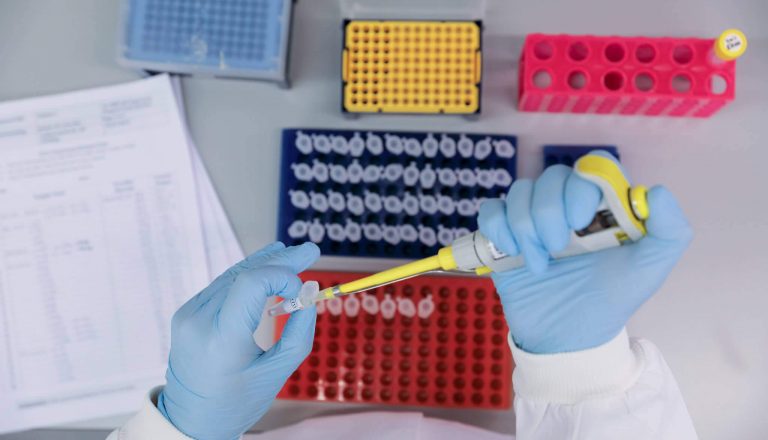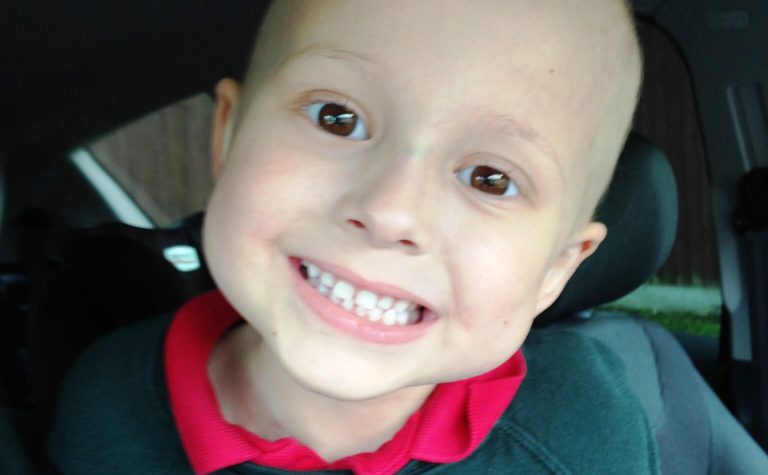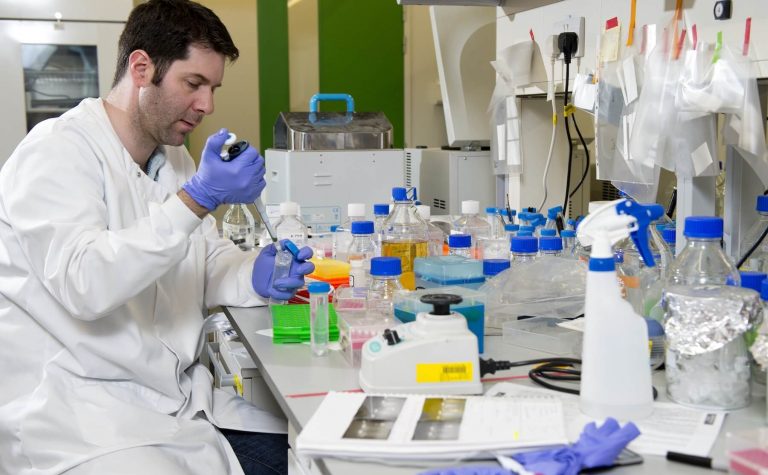About the Research Team
This project is led by Dr Sam Behjati, in collaboration with Prof. Adrienne Flanagan. Dr Behjati is a Group Leader at the Wellcome Sanger Institute, which hosts one of the world’s largest single cell RNA sequencing facilities. His group has extensive experience in analysing cancer single cell data and pioneered the approach of cancer-to-normal-cell comparisons to reveal the developmental state of cancers. Prof. Flanagan is a clinical pathologist at the Royal National Orthopaedic Hospital. Both Dr Behjati and Prof. Flanagan have collaborated for over eight years to study OS and other bone and soft tissue tumours. Together they have conducted many of the pivotal genetic studies of such tumours, some of which have changed clinical practice. This project represents a cutting-edge experiment which few groups globally would be able to deliver. 



